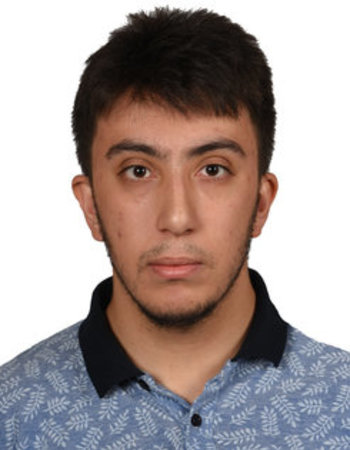Molecular Simulations and Design
Major research interests
Progress in algorithmic development and hardware system architecture enables the computational investigation of more complex and larger systems. The atomistic and molecular fundamentals of processes in chemistry and biology are being studied using multi-scale simulation approaches. These range from quantum mechanics, via Brownian dynamics to Molecular Dynamics simulations. The combination of quantum and molecular mechanics allows to simulate the reaction pathways of very large (bio)-chemical systems. In collaboration with national and international collaboration partners, the MSD group develops and applies structure-based methods to investigate complex processes in chemical and biological systems. Particular focus is on the development of sustainable catalytic processes based on non-precious metals, a computer-aided design of green solvent systems for homogenous catalysis, and the development of novel therapeutics against various types of cancer due to dysregulation of biological processes.
- Design and reactivity of homogeneous catalysts for sustainable processes
- Bio-inspired catalysis with abundant non-precious metals
- Dynamics and control of biological systems
Possible research projects (not exhaustive)
- The mechanisms of polymer degradation
(Collaboration partners: Prof. Hamel, Prof. Sundmacher) - Computational design of novel transition metal-based catalysts
(Collaboration partners: Prof. Hamel) - Computer-aided design and selection of optimal catalyst-solvent systems
(Collaboration partners: Prof. von Langermann, Prof. Sundmacher)
Current doctoral researchers in the IMPRS ProEng program
External doctoral researcher in the IMPRS ProEng program
IMPRS ProEng Alumnae and Alumni
Eric Schulze

